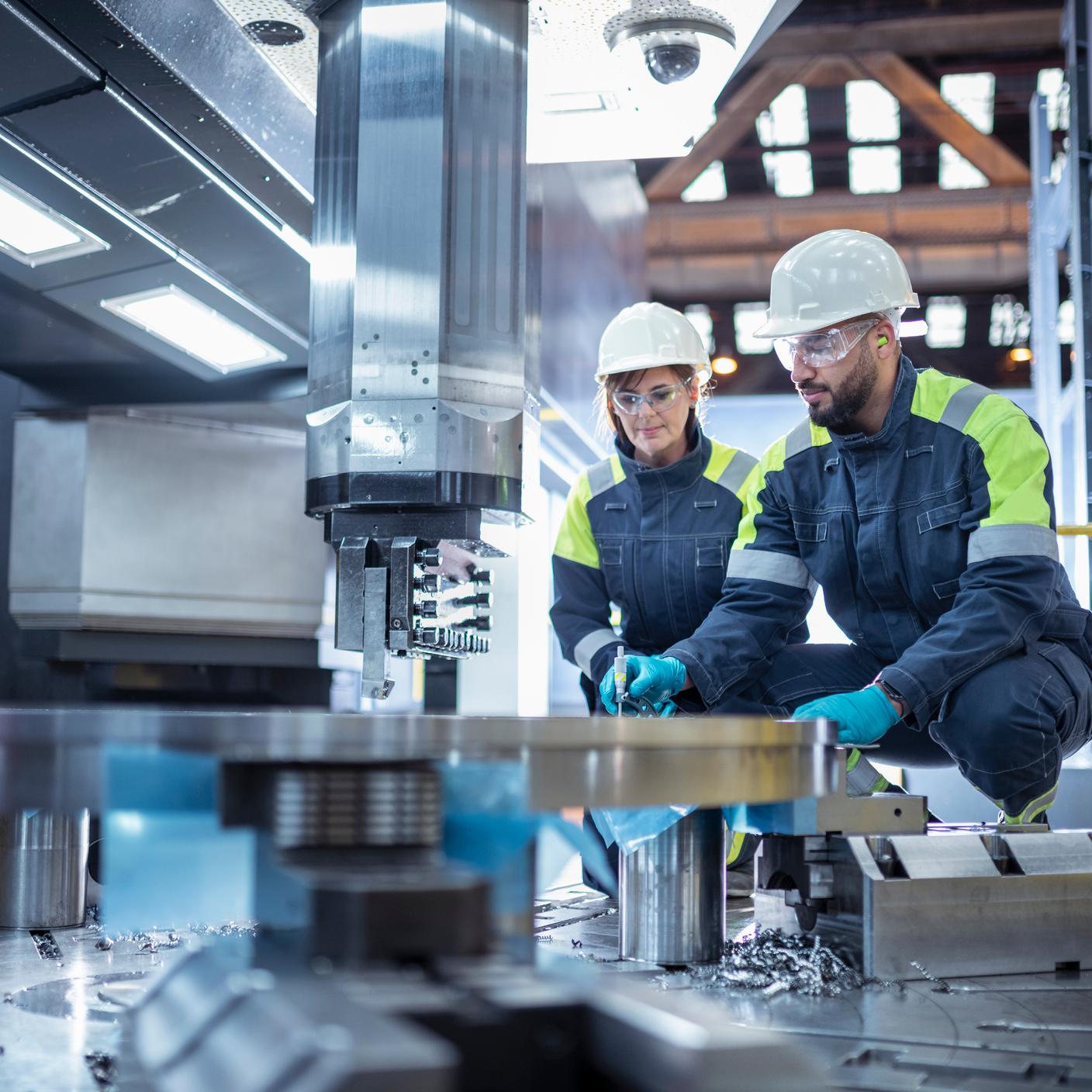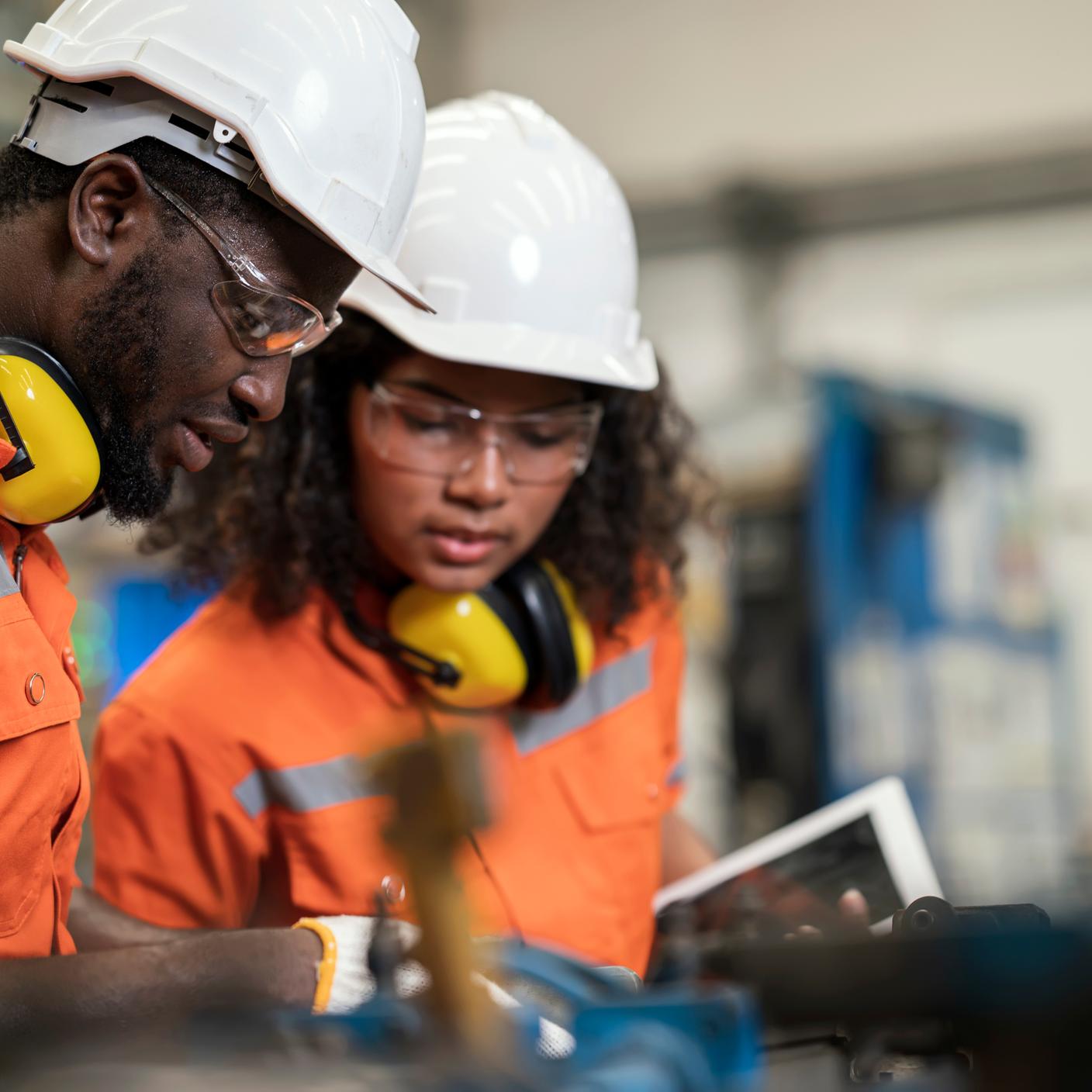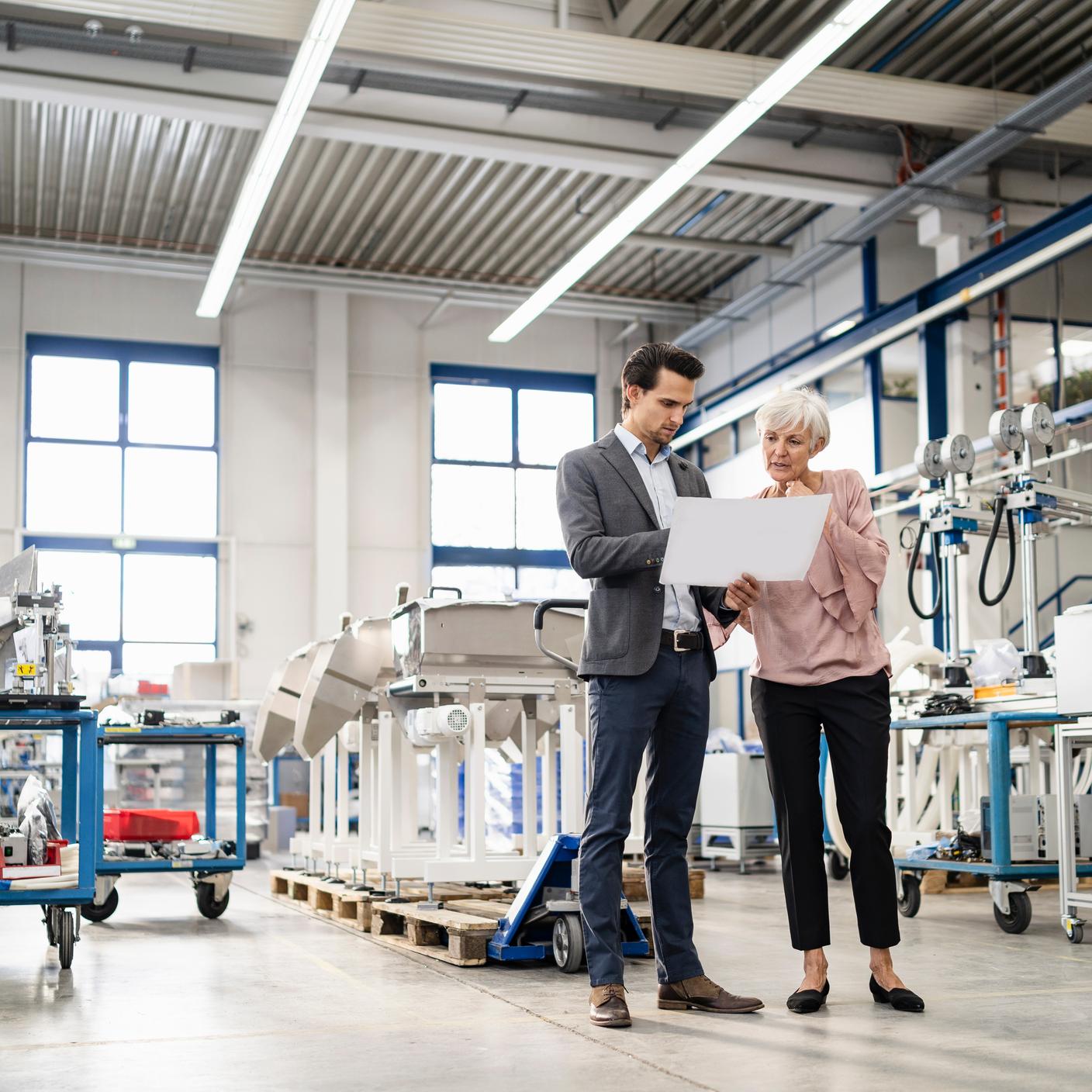In a time marked by rising global energy needs and growing environmental worries, the manufacturing industry is facing a crucial moment. It's more important than ever to find a balance between advancing technology, meeting consumer demands, and being environmentally responsible.
While manufacturers are making impressive headway, it is essential to recognize the possible challenges that could arise if the industry does not achieve net-zero emissions.
This article explores the significant influence of energy efficiency standards in reforming manufacturing methods, enhancing sustainability throughout the industry, and highlights the progress being made toward an environmentally aware future.
Evolving into a greener future
In response to the pressing need for sustainable practices, the manufacturing industry is undergoing a remarkable transformation. The once-seemingly impassable challenge of balancing innovation, consumer preferences, and environmental well-being is being met head-on.
By embracing energy efficiency standards, manufacturers are pioneering a new chapter in their journey towards sustainability, revolutionizing the way products are conceived, crafted, and consumed.
Taking a holistic view
The path toward achieving net zero emissions needs strategic thinking, as shown by Volvo Cars, who pledged to become climate-neutral entity 2040.
The company's ambitions go beyond addressing vehicle exhaust emissions. They're making a big shift to electric vehicles and are also focused on recycling and reusing materials responsibly. In addition, they're working hard to reduce carbon emissions throughout their manufacturing network, supply chain, and all their other activities.
Such extensive measures require a deep understanding of environmental issues, combined with a willingness to innovate and co-create.
Fostering collaborative progress
Crucially, the march toward sustainability within the manufacturing sector is marked by collaborative efforts. Manufacturers, suppliers, policymakers, researchers, and environmentally conscious consumers are converging to drive innovation and knowledge exchange.
This collective push propels the industry forward, accelerating the adoption of energy-efficient practices and inspiring novel solutions to shared challenges.
The stakes of inaction
While commendable strides are being made, it's essential to recognize the potential consequences of falling short in our pursuit of net-zero emissions. The manufacturing industry stands at a critical juncture, where failure to achieve this goal could lead to exacerbating environmental degradation and impeding progress towards a cleaner future.
The risks of resource depletion, increased carbon emissions, and heightened ecological strain underscore the urgency of sustained efforts.
The journey continues
The manufacturing industry is entering new and unfamiliar areas as it deals with the complicated mix of energy needs, what customers want, and taking care of the environment.
By following energy efficiency rules, manufacturers are not just making things in a sustainable way, but they're also changing how industries work.
But the journey isn't done, and the possibility of not reaching zero emissions reminds us that there's more work to do.
As the industry keeps moving forward, it needs to stick to being creative, working together, and being determined to reach a future with no emissions, which will help both the industry and the planet.
The power of energy efficiency standards
Energy efficiency standards have emerged as a beacon of hope in the quest for a sustainable manufacturing framework.
Standards serve as guiding beacons, illuminating the path to reduced energy consumption, minimized waste, and lowered carbon footprints. By incorporating the development process with energy conservation considerations, manufacturers create products that not only excel in performance but also make responsible use of resources throughout their lifecycle.








